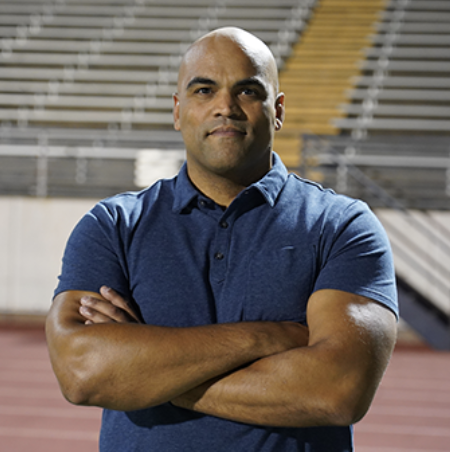The reelection and victory São Paulo" Mayor Ricardo Nunes and the changes in the political scenario in São Paulo.
The reelection of Ricardo Nunes as mayor of São Paulo brings to light important reflections on the current political scenario. The election result not only confirms the continuity of an administration that is not aligned with the guidelines of the federal government, which is currently led by a left-wing candidate, but also highlights the complexity and dynamics that characterize São Paulo politics.
In a political environment marked by extreme divisions—with a right-wing governor struggling to establish a harmonious relationship with a progressive federal government—Nunes' role becomes even more crucial. The growing distrust between the president and the state administration limits the availability of resources needed to meet the countless demands of the people of São Paulo. In this sense, Nunes' election opens the way for a more constructive dialogue, which could serve as a bridge between different spheres of government.
An interesting point to highlight is the stance of Governor Tarcísio de Freitas, who, despite his political background, recognized the importance of Nunes' victory and decided to offer his support. This strategic decision can be seen as a sign that, in order to promote real change and meet the needs of citizens, it is necessary to join forces, regardless of ideological differences. Tarcísio demonstrates a pragmatic vision, essential for building a better future for São Paulo.
Nunes faced strong competition in the form of Guilherme Boulos, who had the support of the experienced Marta Suplicy. Marta's track record may have intimidated Nunes' campaign for a moment, since her vast experience as mayor, minister and senator added significant weight to Boulos' candidacy, which, however, proved to be less robust than expected. The strong campaign of the former MTST activist, which was strengthened by Marta's presence, was not enough to secure victory. The mix of this political scenario, marked by an intense marketing strategy and promises of change, was not able to overcome the alliance between Nunes and Governor Tarcísio de Freitas.
The support of the governor, who represents a capitalized right wing in opposition to the advances of the left wing, was decisive. This union not only stabilized Nunes' image, but also strengthened his proposals and projects in the face of the demands of the people of São Paulo. The support becomes even more relevant considering that the federal government, under the influence of a progressive bias, may not be willing to direct substantial resources to meet the emerging needs of the state of São Paulo. Thus, Nunes' victory suggests a need for coordination between different spheres of government to face urban challenges.
Furthermore, Pablo Marçal's participation in the electoral race created a stir in the transformation of the scenario, ending up confusing and dividing votes that could, in theory, support a more robust alternative to the Nunes administration. This fragmentation of the electorate has once again revealed the vulnerability of some candidates who, despite being bold, have not proven to be solid enough to maintain healthy competitiveness.
Therefore, the result of these elections is a clear reflection of a new moment for the people of São Paulo, who have shown themselves to be in favor of the continuation of a government that promises to bring about transformation in Brazil's largest city. Now, with renewed confidence, Ricardo Nunes will have a new opportunity to implement his proposals. He has the responsibility of transforming expectations into tangible realities. This is the time to implement the changes that the city so desperately needs, focusing on essential areas such as health, education, infrastructure and security. His leadership can be decisive not only in resolving administrative weaknesses, but also in inspiring a new cycle of trust between the different levels of government and the population. A chance not only to continue the work already started, but also to reinvent itself and face the structural challenges that the city faces. The political game is not over, but Nunes' victory signals a search for stability in times of uncertainty and difficulties due to a lack of support from the federal government. Transformation and acceptance, Marta Suplicy's historic goals, could intertwine with Nunes' strategies, resulting in initiatives that will focus on inclusion and sustainable development. This is a moment that could redefine the future of São Paulo, where the union of forces will become the central discourse for building a new tomorrow.
With this new phase, São Paulo faces a range of opportunities. Nunes' administration should be marked by actions that promote social inclusion, sustainability and innovation, which are essential to deal with the challenges of a metropolis in constant transformation. The expectation is that, together with the support of the state government and a vision of broader cooperation, he can truly make a difference in the lives of São Paulo residents.
Ricardo Nunes reelected São Paulo' mayor flanked by Governor Tarcísio de Freitas (on the left).
Photo: Personal archive
Source: Press office
Edition: Sula Costa MTB 0003600 | G0 COSTA CONSULTING CO | CNPJ : 21.859.872.0001-80
|






No comments:
Post a Comment